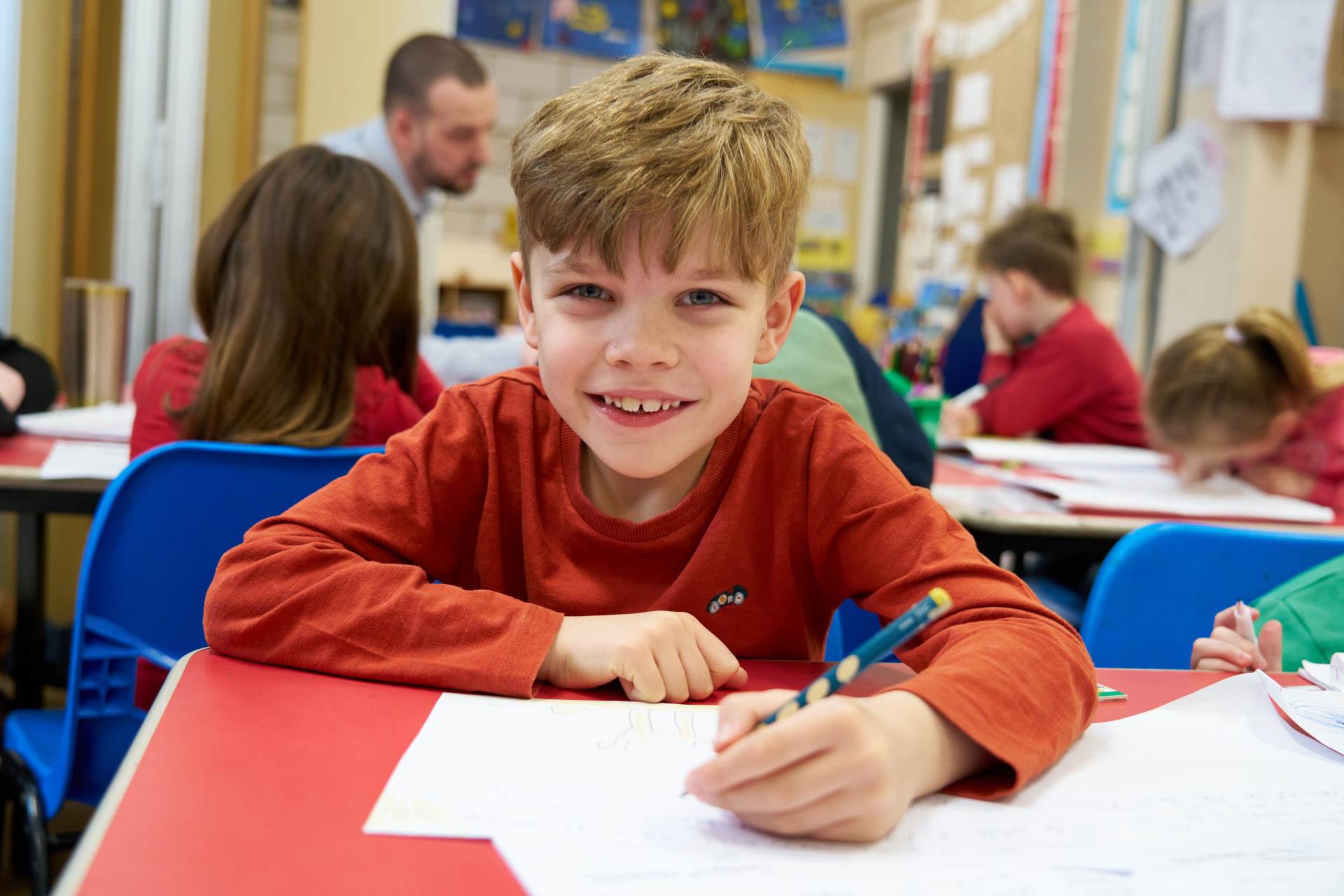Welcome to Forncett St Peter CEVA Primary School
We promise to do whatever it takes to ensure that every student at Forncett St Peter CEVA Primary School achieves their full potential. We have extremely high expectations of everyone in our school, from students to adults. At Forncett, we all have a motto that states the lasting impression we want to leave on the world. Our school motto is: “Be yourself, but…be your BEST self.”
At Forncett, we enjoy what we do together because we remain positive and never give up; we are loyal and reliable; we are open-minded and treat all people fairly; we follow our three main values of kindness, honesty and perseverance and we live by our Christian vision to ‘Love your neighbour as you love yourself.’
We hope you find our website useful. Please do not hesitate to contact the school if we can help in any way.
Read More

 Welcome
Welcome Admissions
Admissions Curriculum
Curriculum Federation
Federation Forncett St Peter Church Link
Forncett St Peter Church Link